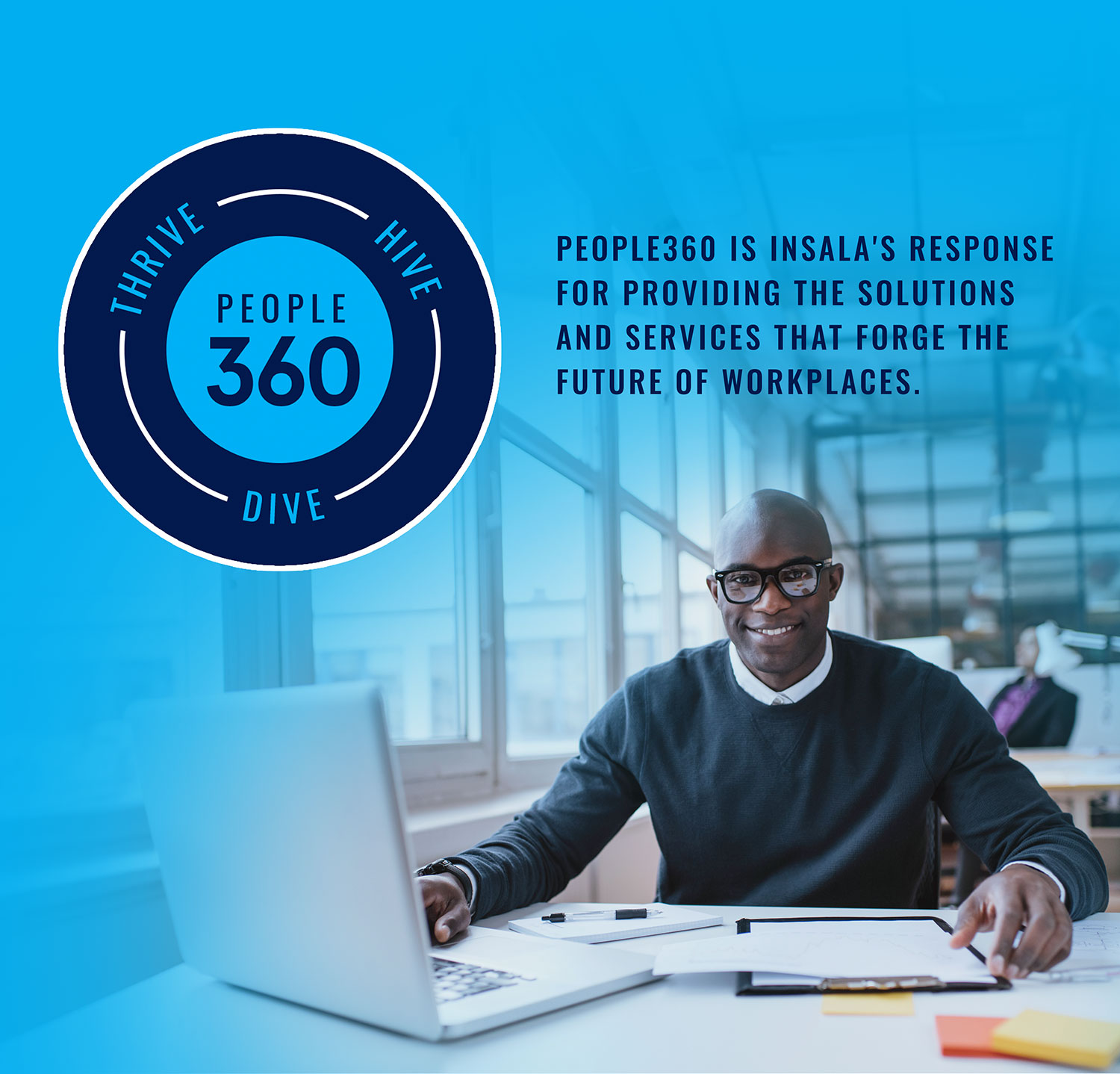If you are considering launching a mentoring program, you already know the great benefits mentoring brings both organizations and employees. These benefits can be specified to your organization by creating a focused program, such as career development mentoring.
Many organizations choose to create a mentoring program for career development, and they get increased employee retention and engagement. These organizations also experience elevated leadership development, resulting in a stronger succession plan. A mentoring program for career development has many of the elements of a regular mentoring program, but there are some differences.
Here are some of the elements to consider and plan for when creating for a career development mentoring program.
- Decide on Your Participants
Career development mentoring tends to be much bigger than a more exclusive program like leadership mentoring. Normally, this type of program is inclusive and should involve all employees. To create an inclusive program, use internal marketing to ensure employees are aware and ready to sign up for the program.
For more information on how mentoring programs can develop leadership, sign up to watch our webinar: Develop Your Future Leaders with Mentoring.
- Match by Career Level
We recommend mentees be matched with a mentor that is at least one career level higher. This allows the mentee to discuss the mentor’s career path and how they got to that level. Matches based off career level can be made easily with questionnaires in mentor matching software.
Alternately, if your mentees are seeking horizontal mobility into different departments, make mentor matches based on the desired department. This can be beneficial to expand skill sets as well, which will open doors into different career options.
- Include Core Competencies
Include core competencies that your organization requires for internal mobility in your matching questionnaires. This allows your matches to be optimized for career development in your organization specifically. However, you should make sure to include a description for each competency, so everyone understands what it is.
- Define How a Mentor Can Assist with Career Development
Mentors may be able to help a mentee in different ways to assist an individual with career develop. These include growing the mentee’s network, overcoming challenges with their role, creating a career path, and creating long term career goals. To best match your mentees with mentors that can help them, include qualifiers in your mentor matching questionnaires.
There are many different ways mentors can help mentees with their career development. For example, they can grow the mentee’s network and help them overcome their challenges. Mentors can also help mentees create career development plans and set long-term career goals.
To prepare mentors for their mentorships early, consider implementing mentor training. Training can help mentors identify and prepare for their roles in the program. It can also help mentors understand how best to help their mentees with career development.
- Include a Tool to Create Career Goals
When career goals are defined and documented, employees tend to have a better success rate in progressing their career. Creating SMART goals with the mentors allows the relationship to stay focused. Make sure to cover goal setting in mentor training and implement software to manage progress.
Mentoring software can keep track of these goals so the mentors and admins don’t have to. This allows program admins to check the progress of individual mentees and the overall program with periodical reports. It also tracks the data over extended periods of time, allowing easy assessment of ROI of the program.
- Access a Learning Management System
There are some tasks that can be done by watching an online course. Make it easy to tie career goals to these courses with a learning management system. Integrating your LMS to specific career goals makes it much easier for the mentee to achieve the desired learning outcomes.
- Use Survey Questions
Tailor your survey questions to find out if the mentee is continuing to grow their career through the mentor. Include questions that find out about their current role, as well as their goal progress. Also ask about the benefits of the mentorship, as this will give you some insight into the success of the program.
A survey option you might not be aware of is surveying your mentees through your mentors. A study found that 89% of leaders agree that peer check-ins positively impact their organization. This means that surveys and feedback collected by mentors can increase employee engagement and elevate the employee experience.
- Utilize Long Term Reporting
Eventually you will need to run reports on which mentoring participants have changed job roles. An employee changing roles after some time in the mentoring program will be an indicator that your career development mentoring program is working. Mentoring software can help you measure the effectiveness of your program over time.
When looking at the impact of mentoring on career development, don’t forget to also look at mentors. Mentoring has shown to have a positive impact on career development for mentors and mentees. This means mentors that have moved up or over are also benefitting from the mentoring program.
Insala has assisted many organizations to launch their mentoring program to enable career development. We have over 20 years of consulting services and using Hi-Impact Mentoring Software to manage mentoring programs much more effectivity. To learn more on how we can assist you, request a demo today.
Related Articles:








